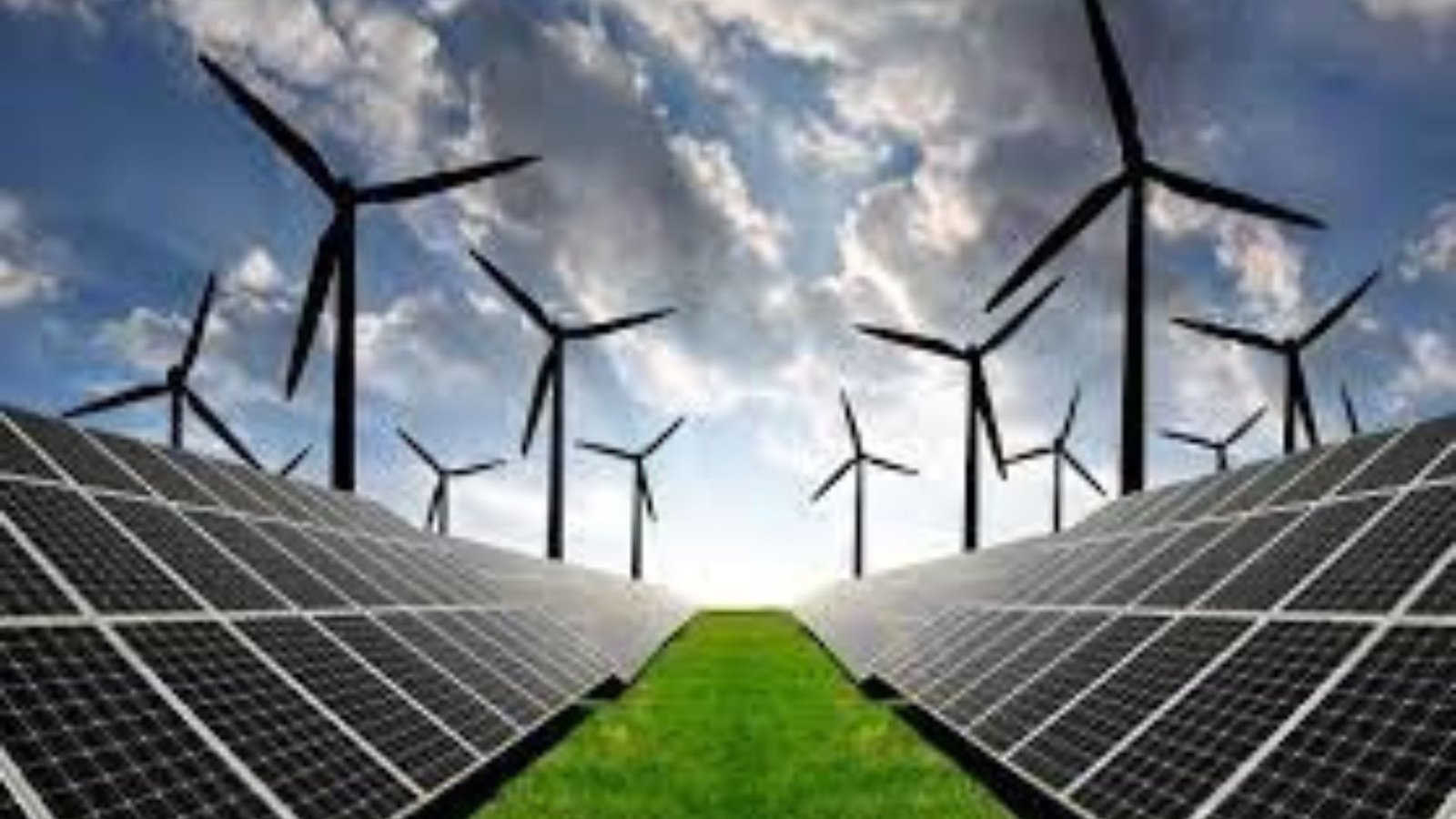Nanotechnology is making groundbreaking changes in the energy industry. By using nanoscale materials, scientists create advanced solutions to enhance energy production, storage, and efficiency. From improving solar panels to optimizing battery technologies, nanotechnology is paving the way for a cleaner, more sustainable future.

How Nanotechnology Improves Solar Panel Efficiency
Nanotechnology significantly boosts the efficiency of solar energy systems. By incorporating nanomaterials such as quantum dots and nanoparticles, solar panels can capture and convert more sunlight into electricity. These materials not only enhance energy absorption but also reduce heat loss, which is a common inefficiency in traditional solar panels.
Additionally, nanotechnology allows for the creation of lightweight and flexible solar panels. This innovation makes solar energy accessible for various applications, including rooftops, portable chargers, and large-scale solar farms.
Enhancing Battery Performance Using Nanotechnology
Nanotechnology is transforming battery technologies in remarkable ways. Long-lasting, fast-charging batteries are now possible due to the use of graphene and silicon nanostructures. These advanced batteries are especially important for electric vehicles, where extended range and quick charging are essential.
Moreover, nanotechnology improves energy storage systems for renewable energy sources like wind and solar power. Efficient batteries ensure that clean energy can be stored and used even when natural conditions are unfavorable.
Reducing Energy Loss in Power Grids
One major challenge in energy distribution is the loss of electricity during transmission. Nanotechnology addresses this by introducing high-conductivity materials like carbon nanotubes. These materials ensure minimal energy loss, creating more efficient power grids.
With improved energy transmission, renewable energy sources can be integrated seamlessly, making the grid more reliable and environmentally friendly.
Advancements in Hydrogen Fuel Cell Technology
Hydrogen fuel cells are a promising clean energy source, and nanotechnology is making them more efficient. Nanocatalysts accelerate chemical reactions within fuel cells, improving their performance while reducing production costs.
These advancements make hydrogen fuel cells a viable alternative for powering vehicles, industrial equipment, and backup energy systems.
Developing Lightweight, Durable Materials for Energy Systems
Nanotechnology is also transforming the materials used in energy systems. Lightweight, durable nanomaterials are ideal for applications like wind turbines and aerospace technologies. For example, nano-coatings reduce friction and wear in wind turbine blades, increasing their lifespan and efficiency.
These innovations not only improve energy production but also lower maintenance costs, making renewable energy more practical and cost-effective.
How Nanotechnology Supports Carbon Capture and Emission Reduction
Nanotechnology is a powerful tool in combating carbon emissions. Nano-engineered catalysts efficiently capture carbon dioxide from industrial emissions, helping reduce the environmental impact. Captured CO2 can then be stored or converted into useful products, such as fuels or chemicals.
By enhancing the efficiency of renewable energy systems and reducing dependency on fossil fuels, nanotechnology contributes to a cleaner, greener energy future.
Exploring New Energy Harvesting Possibilities
Nanotechnology enables the development of innovative energy harvesting systems. Nanogenerators, for example, convert mechanical energy—like vibrations or body movements—into electricity. These devices can power small electronics or sensors, providing energy solutions for remote or off-grid areas.
Additionally, advancements in thermoelectric materials allow waste heat to be converted into usable energy, further improving overall energy efficiency.
Conclusion
Nanotechnology is revolutionizing the energy industry by improving solar panels, enhancing batteries, and enabling carbon capture. These innovations drive the adoption of clean energy solutions and reduce reliance on fossil fuels. As the technology advances, nanotechnology will continue shaping a more sustainable and efficient energy future.











